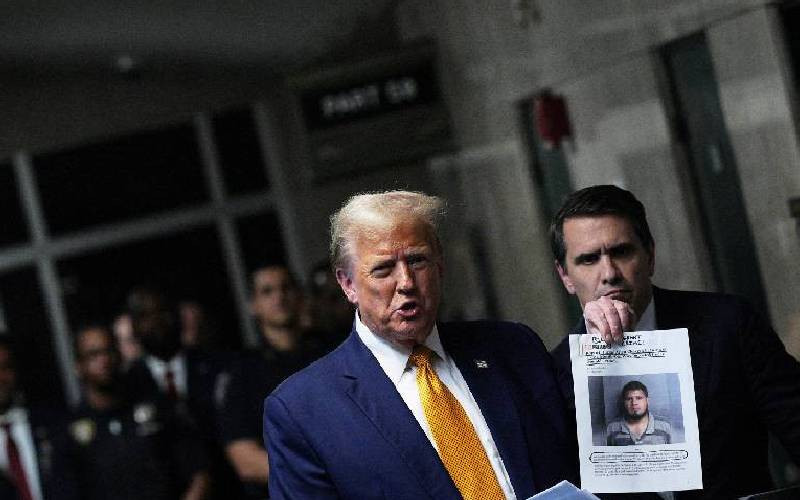×
The Standard e-Paper
Join Thousands Daily

Testimony ended Tuesday in the New York criminal trial of Donald Trump, the first ever for a U.S. president. But the 12-member jury will not hear closing arguments by one of his lawyers and a prosecutor until May 28. Deliberations on his guilt or innocence will begin a day later.
Trump had long said he wanted to testify in his own defense, but in the end, did not. He walked out of court after his defense lawyers rested their case in the sixth week of the trial after calling just two witnesses.